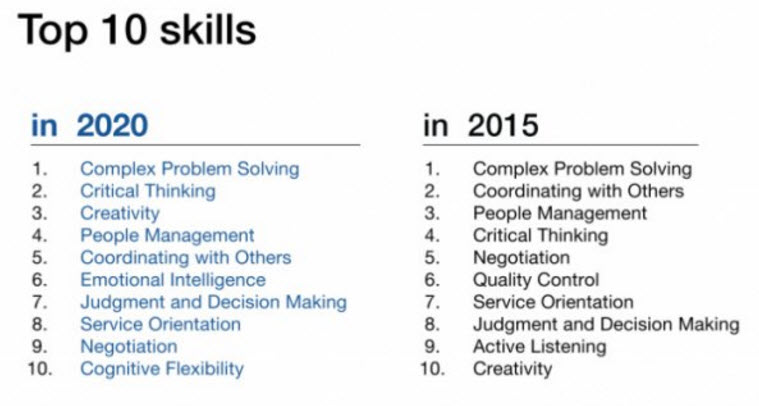Perhaps you’ve encountered this person?
The smartest person in the room tends to dominate meetings. They don’t let others add a word to their one-sided conversations. They have a consistent need to let others know how intelligent they are. More often than not, they truly are the person in the room who was gifted with the highest IQ.
When it comes to IQ (cognitive skills), the smartest person in the room frequently possesses more intellectual, analytical, logical and rational abilities than everyone else. They are drawn to highly analytical careers such as engineering, information technology or cyber security. These are careers where exceptionally high IQ serves one well.
It is this exceptionally high IQ that enables the smartest person in the room to excel to a certain level. At some point though, the IQ that got the smartest person in the room to where they are will no longer propel them forward to the next level of career success.
Research suggests that IQ can be responsible for as much as +-20% of one’s career success but more often than not, IQ is responsible for as little as 6% of career success.
Is the smartest person in the room doomed to hit a glass ceiling in their career? Often times the answer is yes and the reason is behavior. The smartest person in the room frequently leaves a trail of relationship carnage behind them. They may not wake up every morning thinking about whom they can step on that day, but throughout the day, if they behave in ways that are natural to them, they will step on other people.
What are some of the characteristics of the smartest person in the room?
- Talk more than they listen.
- Fail to consider other’s points of view.
- Have a constant need to be right and to win.
- Share opinions even when the topic they have an opinion on is not their expertise.
- Frequently not teachable because their regard for themselves is inflated.
- Fails to understand how they come across to others.
- Low in empathy.
Is there a cure for “The Smartest Person in the Room Syndrome”?
There absolutely is a cure if the smartest person in the room can humble themselves to not just accept coaching, but they need to humble themselves to actively participate in and work on their coaching. It’s not a matter of turning weaknesses into strengths. Addressing behavioral change is more about creating strategies to manage behaviors that could impact others in an adverse way.
IQ is generally thought of as being stagnant. In other words, you're as smart today as you're ever going to be. Emotional Intelligence is generally thought to be flexible in that the skills that make up Emotional Intelligence can be adjusted through coaching.
The "Smartest Person In the Room"...with a Behavioral Strategy
A retired military 2 Star General told me a story while we shared a meal. He asked me to take a look at a person I could see over his shoulder at the next table. He asked me if I wanted to know how that person became a 4 Star General when my meal companion had only reached 2 Stars. Not that becoming a 2 Star General is an easy task but my companion really wanted me to understand how his friend and colleague reached the 4 Star level of success.
Of course I wanted to know. The 2 Star General explained to me that he and the 4 Star General graduated from the same class in the military academy they both attended. They both started out with the same credentials to begin their military careers. The game-changer for the 4 Star General was his ability to be the smartest person in the room more often than not throughout his career but he learned to suppress his need to let everyone know that he was so smart.
The 2 Star General told me that the 4 Star General, whom he admired as both a friend and career colleague, excelled in everything he did because he was intellectually gifted but he learned quickly that his career would take off if he learned how to treat people with respect.
Some of the characteristics that enabled the 4 Star General to excel include:
- Listened more than he talked.
- Let other people win whenever possible.
- Considered other people’s points of view.
- Shared opinions when he was asked for his opinions and not just because he possessed an answer.
- Was teachable, trainable and receptive to being coached.
- Exhibited humility.
- Developed empathy for others.
The 4 Star General developed and mastered Emotional Intelligence. Think about it. The 4 Star General had to have a high IQ in order to get into a military academy. He had to have an exceptionally high IQ in order to graduate at or near the top of his academy class.
The 2 Star General was confident that it was the 4 Star General’s ability to develop trust with those around him, his ability to humble himself and his ability to step into others’ shoes to consider their needs and their points of view that caused his career to excel.
Jeff Snyder Coaching






















